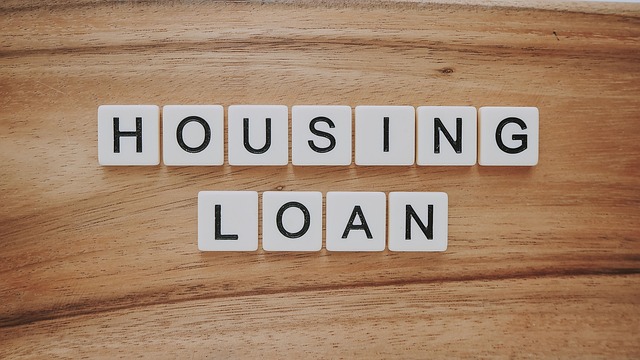Joint Debt Consolidation Loans are a strategic financial tool for homeowners with low credit scores aiming to streamline multiple high-interest debts into a single, lower-rate loan. This approach simplifies repayment and potentially reduces interest costs, but access may be restricted for those with very low credit ratings or significant financial obligations. While consolidating debts offers temporary relief, it doesn't address the root causes of poor credit. Borrowers should carefully weigh the benefits against potential drawbacks, including higher long-term interest rates.
Struggling with multiple debts as a homeowner with a low credit score? Joint Debt Consolidation Loans could be a viable solution. This article explores how these specialized loans work, providing insights into their unique benefits for homeowners in challenging financial situations. We’ll break down eligibility criteria and discuss both advantages and potential drawbacks of this debt consolidation option, empowering you to make informed decisions regarding your financial future.
- Understanding Joint Debt Consolidation Loans for Homeowners
- Eligibility Criteria for Bad Credit Borrowers
- Benefits and Potential Drawbacks Explained
Understanding Joint Debt Consolidation Loans for Homeowners
Joint Debt Consolidation Loans are a strategic financial tool designed for homeowners aiming to streamline multiple debts into a single, more manageable loan. This approach is particularly beneficial for those with low credit scores who may have struggled with high-interest rates and diverse repayment terms on various debt obligations. By consolidating their debts into one loan, homeowners can potentially reduce their overall interest expenses, simplify their monthly payments, and improve their financial stability.
These loans offer a consolidated repayment structure, allowing borrowers to pay off different types of debts, such as credit card balances, personal loans, or even home equity lines of credit, under a single umbrella. This not only simplifies the borrowing process but also provides clarity in managing repayments. Moreover, given the security associated with homeowners’ properties, Joint Debt Consolidation Loans often come with more flexible terms and potentially lower interest rates compared to traditional unsecured loans, making them an attractive option for qualified candidates.
Eligibility Criteria for Bad Credit Borrowers
Bad credit debt consolidation loans for homeowners with low credit scores often come in the form of joint debt consolidation loans. To be eligible, borrowers typically need to meet certain criteria. Lenders will consider factors like the borrower’s and co-borrower’s credit history, current income, and outstanding debt obligations. A stable source of income is crucial, as it demonstrates the ability to repay the loan.
Joint debt consolidation loans require both homeowners to be on board with the consolidation process. This collaborative approach helps lenders assess a more comprehensive financial picture, which can lead to better interest rates and terms for borrowers. While credit scores play a significant role, lenders also evaluate the overall debt-to-income ratio to ensure that the borrower can handle the additional loan payments without facing financial strain.
Benefits and Potential Drawbacks Explained
Joint Debt Consolidation Loans offer homeowners with bad credit a potential solution to manage multiple debts efficiently. By combining various high-interest loans into one single loan with a lower interest rate, borrowers can reduce their monthly payments and save on overall interest costs. This strategy simplifies repayment processes, making it easier for individuals with low credit scores to stay on track and avoid defaulting on debt.
However, there are potential drawbacks to consider. These loans may come with strict eligibility criteria, limiting access for those with very low credit ratings or significant financial obligations. Additionally, consolidating debts does not necessarily solve the underlying issues leading to poor credit; it merely provides a temporary fix. Lenders often charge higher interest rates on these loans, which could result in paying more over the long term. Therefore, borrowers must carefully weigh the benefits against the potential drawbacks before deciding if a Joint Debt Consolidation Loan is the right choice for their financial situation.
Joint Debt Consolidation Loans can offer a viable solution for homeowners with low credit scores looking to streamline multiple debts. By consolidating bad credit debt, borrowers may benefit from reduced interest rates, simpler payments, and improved financial management. However, it’s crucial to carefully consider the potential drawbacks, including higher interest rates compared to traditional loans and the possibility of extending the overall repayment period. Thoroughly understanding the eligibility criteria and comparing offers from various lenders is essential before pursuing a bad credit debt consolidation loan for homeowners.
